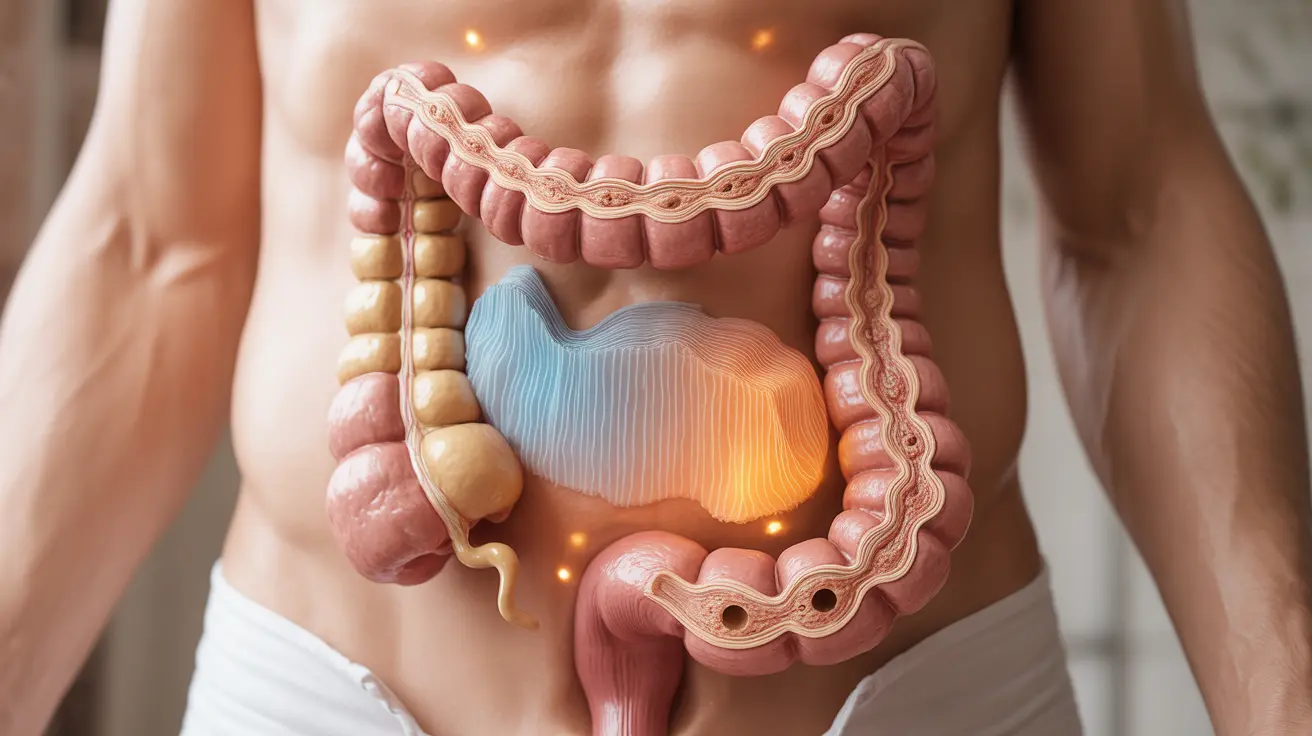Have you ever wondered why nature tends to call first thing in the morning? This common biological pattern isn't just coincidence – it's closely tied to your body's internal clock and digestive system. Understanding why most people have bowel movements in the morning can help you better appreciate your body's natural rhythms and recognize when something might be amiss.
Let's explore the science behind morning bowel movements and what influences this daily pattern, along with what's considered normal and when you might need to pay closer attention to changes in your routine.
The Science Behind Morning Bowel Movements
Your body operates on a 24-hour cycle known as the circadian rhythm, which affects various biological processes, including digestion and bowel movements. During the early morning hours, your body experiences several changes that promote bowel movements:
- Increased gut motility
- Higher levels of cortisol (the "wake-up" hormone)
- Activation of the gastrocolic reflex
- Enhanced muscle contractions in the colon
The Role of Sleep and Waking
While you sleep, your digestive system continues to process food from the previous day. Upon waking, several biological processes kick into gear, including:
- The release of cortisol, which stimulates bowel activity
- Increased movement in your intestines
- The natural relaxation of your bowels as your body awakens
Factors That Influence Bowel Movement Timing
Several key factors can affect when you experience bowel movements:
Diet and Eating Patterns
What and when you eat plays a crucial role in your bowel movement schedule. Regular meal times, especially breakfast, can help establish a consistent pattern. High-fiber foods and adequate hydration are particularly important for maintaining healthy bowel habits.
Daily Routine and Activity Levels
Your daily schedule, including work hours, exercise routine, and sleep patterns, can significantly impact when you need to use the bathroom. Regular physical activity and maintaining consistent daily routines often help regulate bowel movements.
Stress and Emotional Factors
Mental and emotional states can affect your digestive system and bowel movements. Stress, anxiety, and other emotional factors may alter your usual bathroom schedule or cause irregular patterns.
What's Considered Normal?
While morning bowel movements are common, there's no single "normal" time for everyone. Healthy patterns can vary significantly from person to person, including:
- Multiple times per day
- Once daily
- Every other day
- Different times throughout the day
What matters most is consistency and comfort with your own pattern, rather than conforming to a specific schedule.
When to Seek Medical Attention
While variation in timing is normal, certain changes may warrant medical attention:
- Sudden changes in bowel movement frequency
- Persistent irregular patterns
- Severe constipation or diarrhea
- Blood in stool
- Ongoing abdominal pain
- Unexplained weight loss
Frequently Asked Questions
Why do most people tend to have bowel movements in the morning?
Most people have bowel movements in the morning due to their circadian rhythm, increased cortisol levels upon waking, and the activation of the gastrocolic reflex. These natural body processes work together to promote bowel activity early in the day.
What factors can influence the time of day I have a bowel movement?
Several factors can influence bowel movement timing, including diet, meal timing, sleep schedule, physical activity levels, stress, medications, and overall health status. Maintaining consistent daily routines often helps regulate bowel movements.
Is it normal to poop at different times other than the morning?
Yes, it's completely normal to have bowel movements at different times throughout the day. While morning movements are common, any consistent pattern that works for your body and lifestyle is considered normal as long as you're comfortable and regular.
How do circadian rhythms affect digestion and bowel movement timing?
Circadian rhythms influence various digestive processes, including gut motility, enzyme production, and hormone release. These daily biological cycles help regulate when your body is most likely to have a bowel movement, typically peaking in the morning hours.
When should I be concerned about changes in my bowel movement schedule or consistency?
Consider consulting a healthcare provider if you experience sudden, unexplained changes in your bowel habits, severe constipation or diarrhea lasting more than a few days, blood in stool, persistent abdominal pain, or significant changes in stool consistency accompanied by other concerning symptoms.




